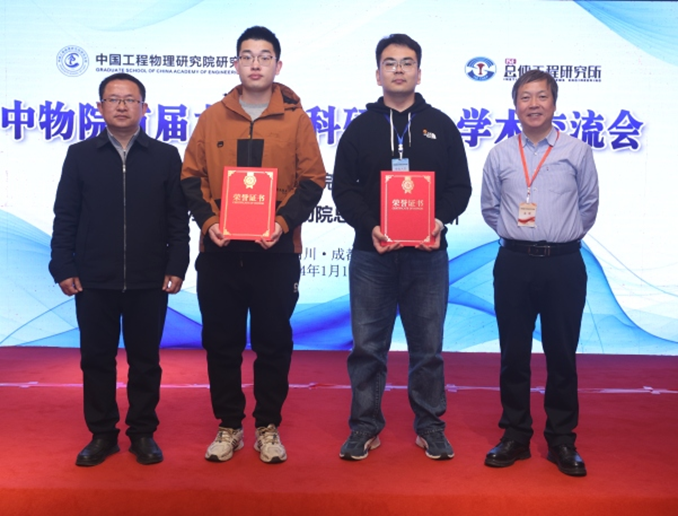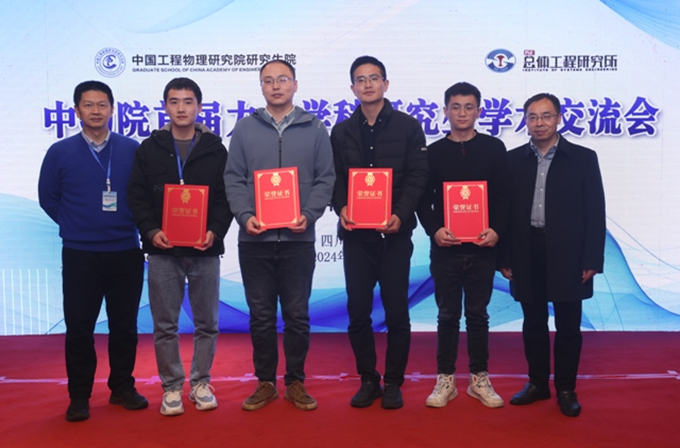
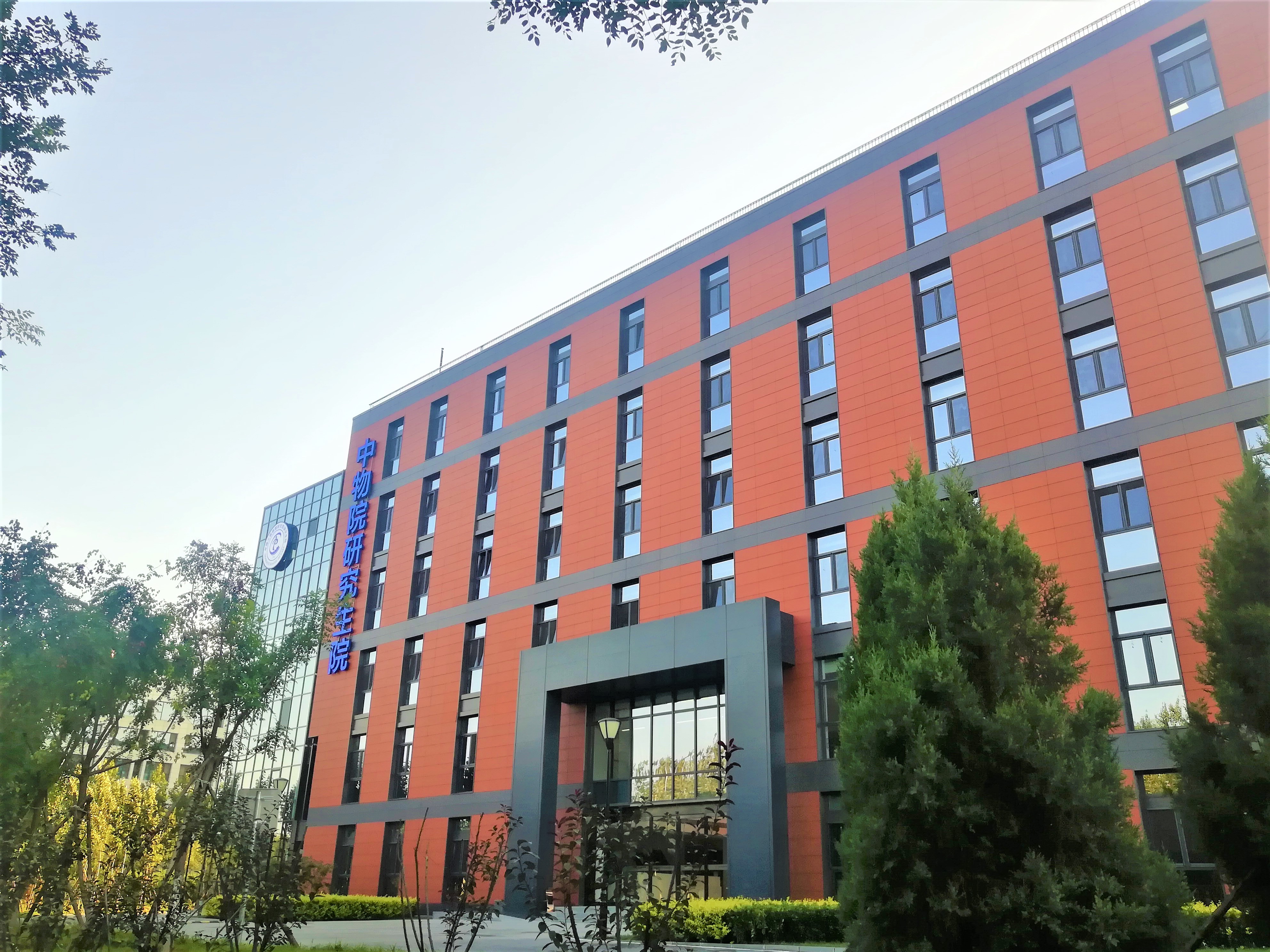
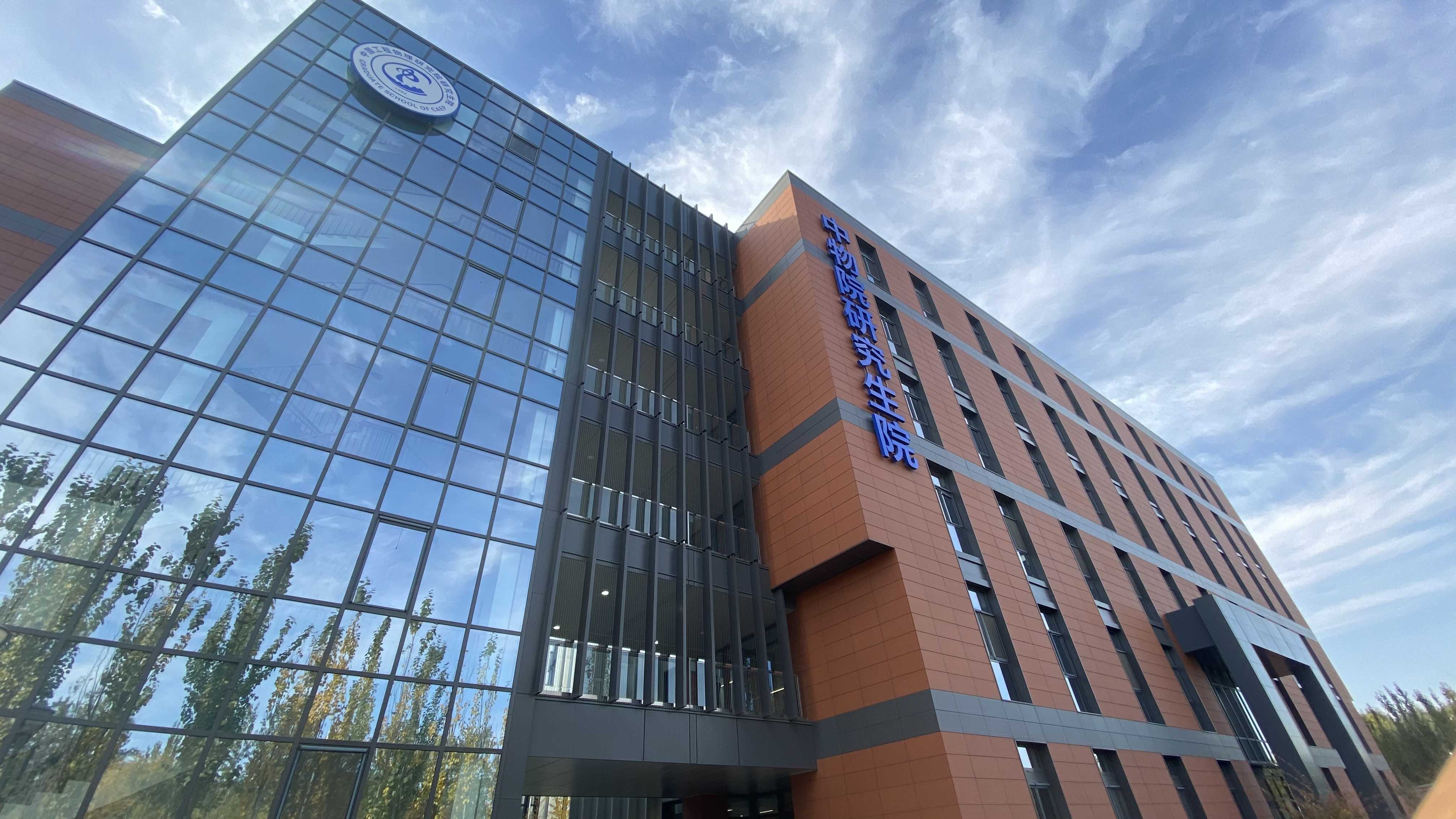
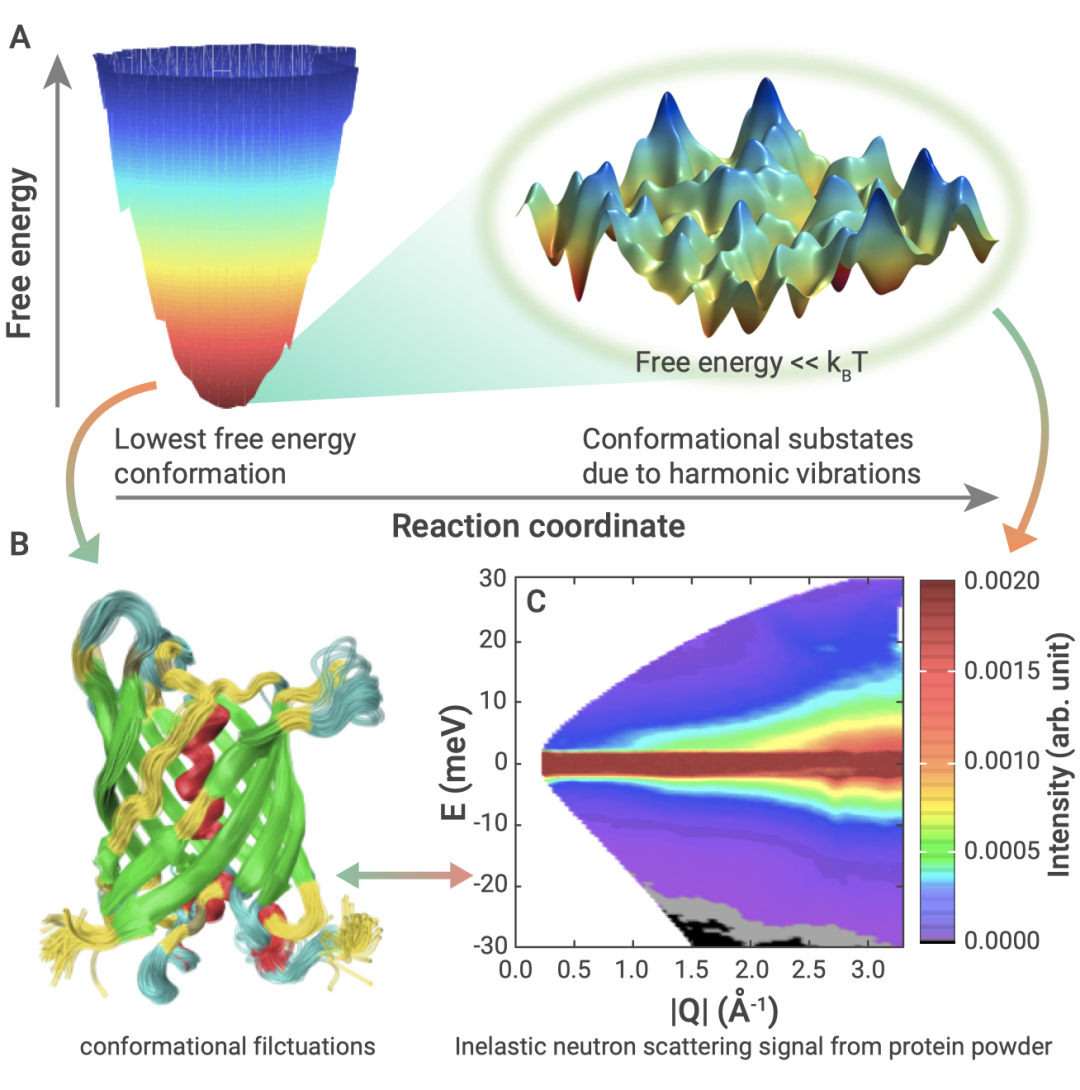

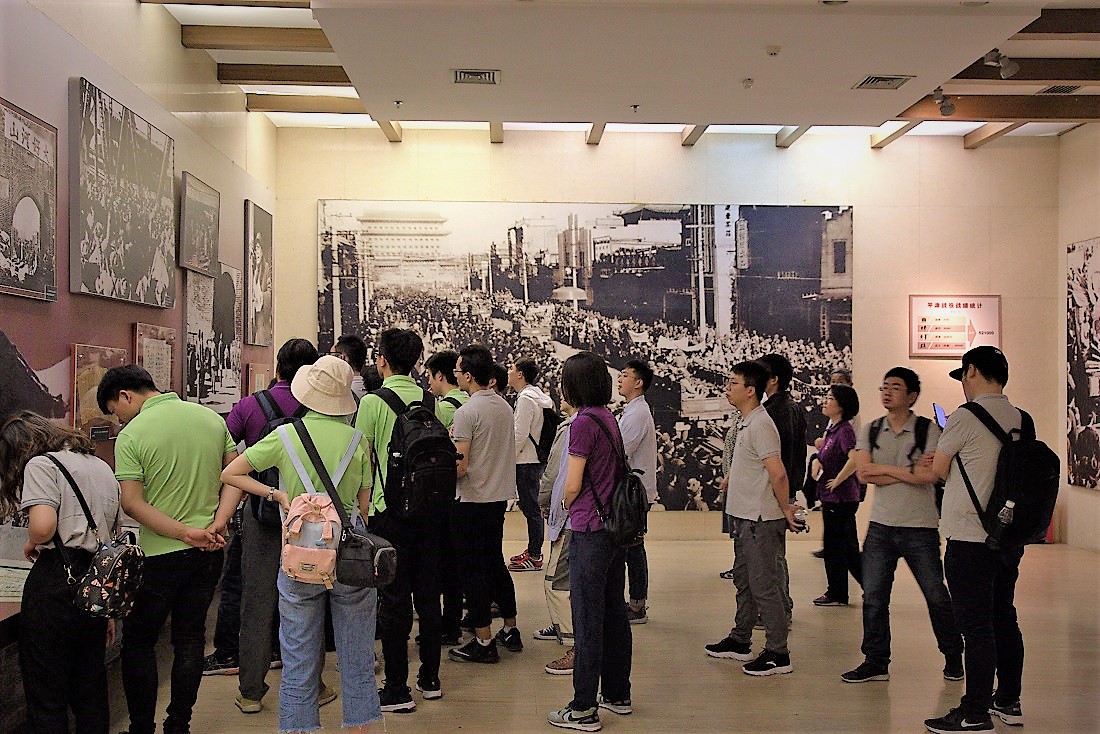









On January 13, 2024, the inaugural Mechanics Graduate Academic Exchange Conference of the Chinese Academy of Sciences was successfully held at the Galaxy 596·Yunrui Hotel in Chengdu.
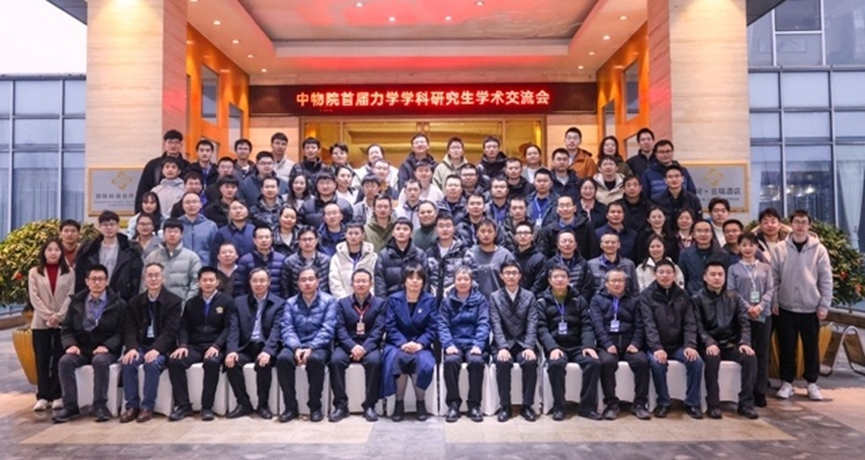
This conference was organized by the Graduate School of the Chinese Academy of Sciences and
hosted by the Institute of Mechanics. Renowned experts including Academician Xiaomian Hu from the Chinese Academy of Engineering, Vice Director Pei Wang from the Beijing Institute of Applied Physics and Computational Mathematics, and experts from the Department of Mechanics and Mechanical Engineering of the Academy were invited to attend. More than 100 participants, including experts and graduate students from the Graduate School, Institute of Fluid Physics, Institute of Chemical Materials, Institute of Mechanics, Institute of Manufacturing Engineering, Beijing Institute of Applied Physics and Computational Mathematics, Beijing Computational Science Research Center, and Chengdu Science and Technology Development Center, attended the conference. The opening ceremony was presided over by Shifu Xiao, Deputy Director of the Science and Technology Committee of the Institute of Mechanics.
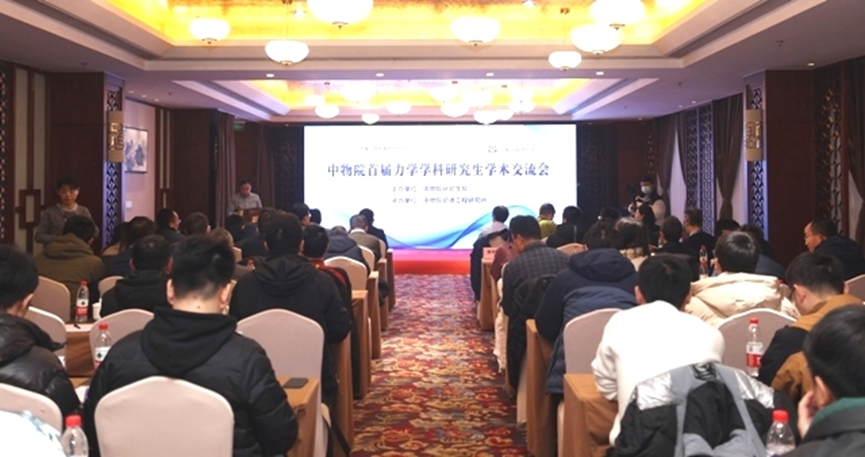
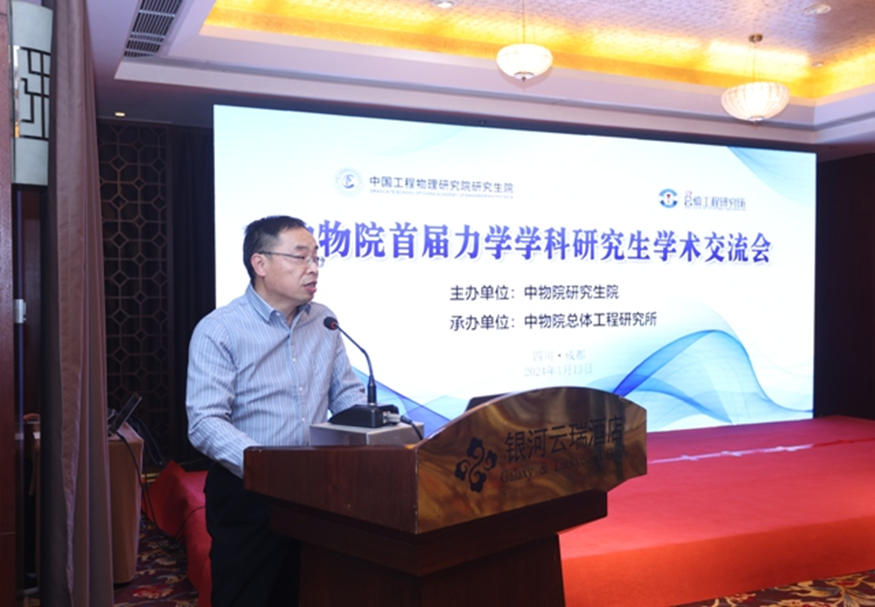
The conference aimed to implement the important instructions on graduate education by General Secretary Jinping Xi. With the purpose of inspiring mentors, motivating students, fostering mutual learning in teaching, nurturing and discovering young talents,and enhancing collaboration and communic ation between teachers and students, the event provided a platform for the collective exploration of opportunities and challenges in the field of mechanics. Additionally, it sought to discuss new frontiers and interdisciplinary approaches in mechanics.
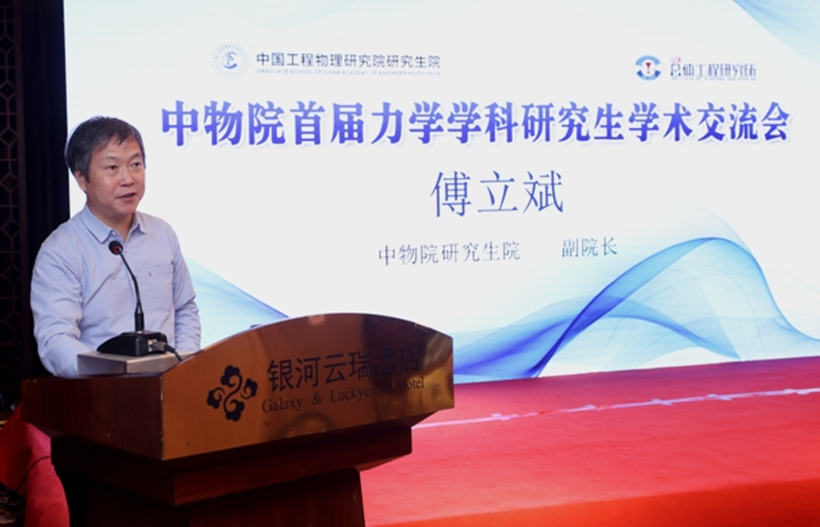
The opening address for this conference was delivered by Researcher Libin Fu, the Associate Dean of the Graduate School in charge of administrative affairs. Fu expressed a warm welcome to the attending mentors and students, and conveyed gratitude to the Overall Engineering Research Institute for hosting the event. Reflecting on the 40-year development of graduate education in the institute, Fu emphasized the importance of academic and cultural development in talent cultivation. He encouraged students to make the most of this academic exchange platform, showcase their capabilities, learn from each other, progress together, and strive for excellence. Fu aspired for the blossoming of the flower of youth in the grand practice of building a modernized China.
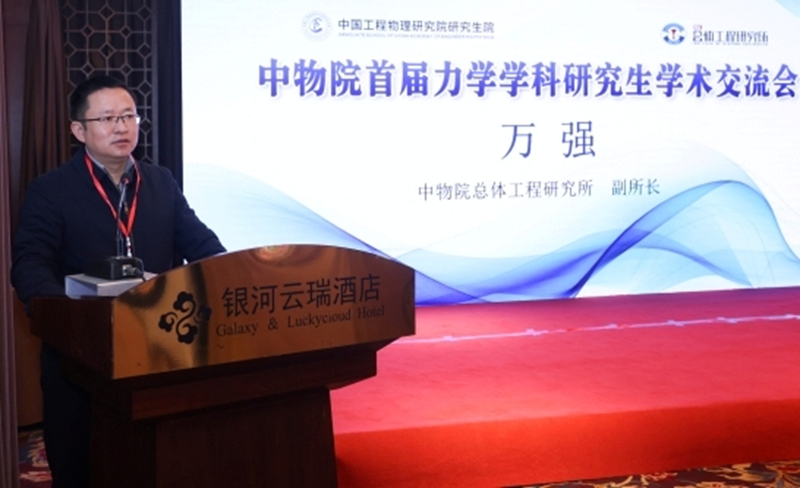
Researcher Qiang Wan, Vice Director of the Overall Engineering Research Institute, delivered the welcoming speech. Wan expressed gratitude to all the distinguished guests, experts, mentors, and students for attending the conference. He noted that the agenda for today's meeting was rich, with invited talks and conference presentations in the morning covering various aspects of mechanics at the institute. Additionally, there were insights and experiences shared by excellent mentors guiding students. The afternoon session featured student presentations from different training units within the institute, and Wan expressed hope that everyone would have a fruitful experience during the conference.

The conference featured special keynote presentations by Academician Xiaomian Hu from the Beijing Institute of Applied Physics and Computational Mathematics and Researcher Wenjun Zhu, the Chief Engineer at the Institute of Fluid Physics. Additionally, reports were presented by Researcher Xuefei Guan from the Graduate School, Associate Researcher Yin Yu from the Institute of Fluid Physics, Researchers Yousheng Zhang and Xinxin Wang from the Beijing Institute of Applied Physics and Computational Mathematics, Associate Professor Shujie Li from the Beijing Computational Science Research Center, and Associate Researcher Wang Dong from the Overall Engineering Research Institute. Following the conclusion of the presentations, the organizing committee awarded certificates to the presenters.
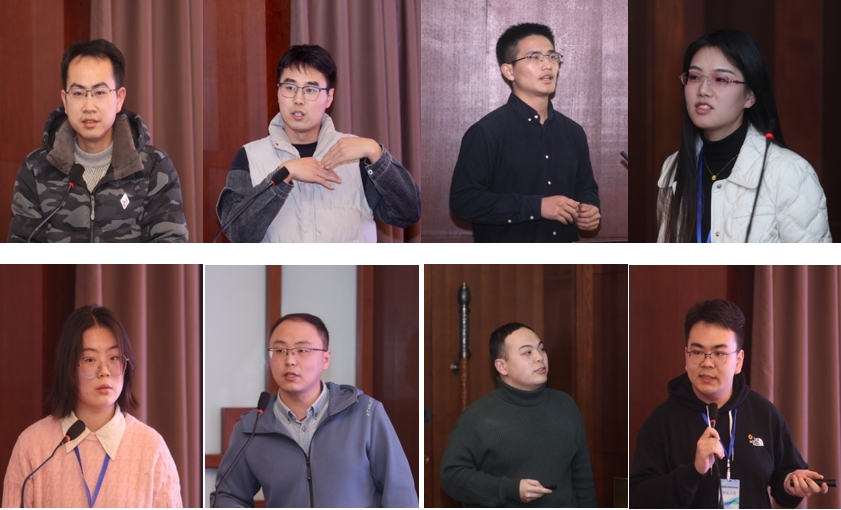
The conference featured two parallel sessions, namely "Engineering Mechanics" and "Solid Mechanics," where a total of 36 graduate students from across the institute presented their reports in the respective sub-sessions.
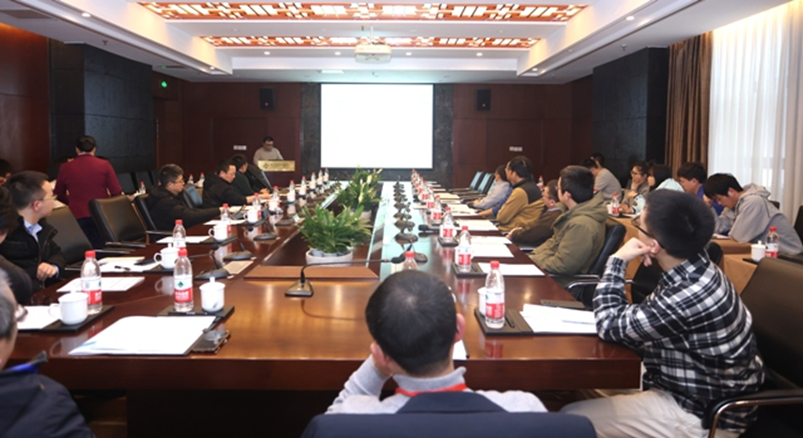
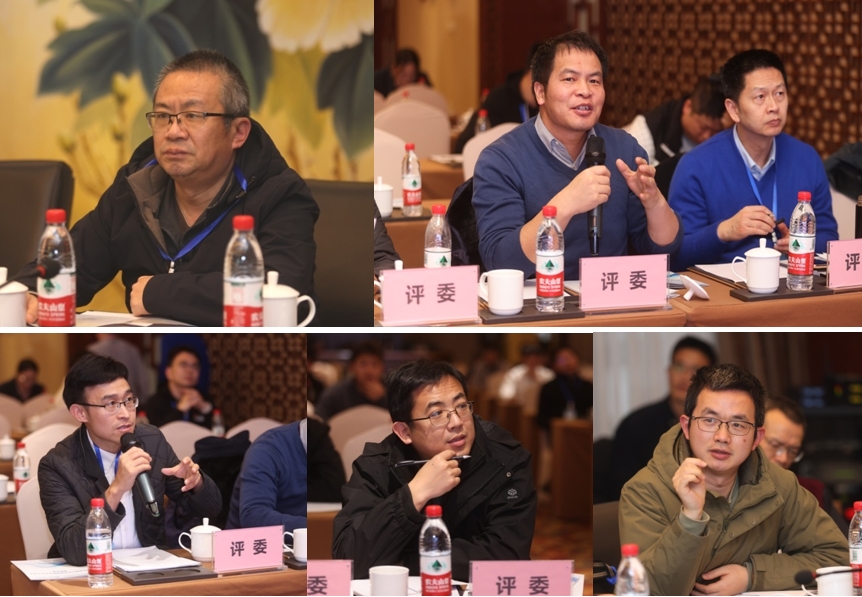
Each sub-session had a panel of expert judges who adhered to strict scoring criteria. The scores were used to determine the recipients of first and second prizes, with six graduate students from five different units being awarded first and second prizes based on their performance.
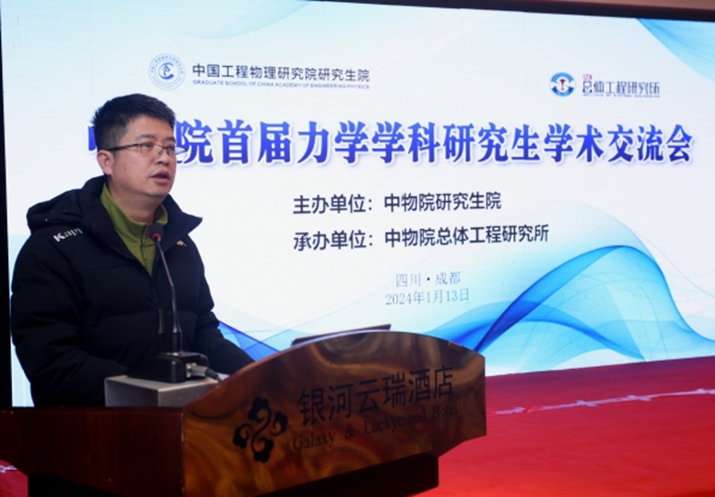
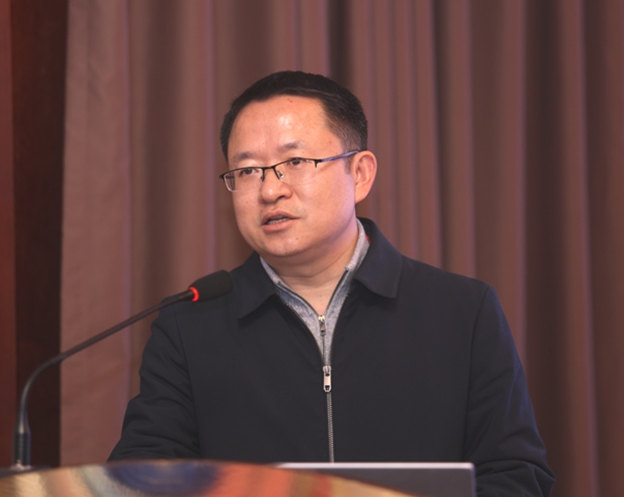
In his concluding remarks, Vice Director Qiang Wan summarized the conference, stating that it was the first Mechanics Graduate Academic Exchange Conference hosted by the institute. He expressed gratitude for the support of experts and mentors in the field of mechanics throughout the institute. Mechanics, being a discipline with theoretical, extensive, and diverse characteristics, requires a platform for interdisciplinary integration and innovative collisions. The format of this exchange provided mentors and students from various units with an opportunity to communicate, learn from each other, and undergo mutual assessment. Vice Director Qiang Wan considered the conference a successful start and a beneficial exploration. He expressed the hope that similar activities would continue to be held in the future.
